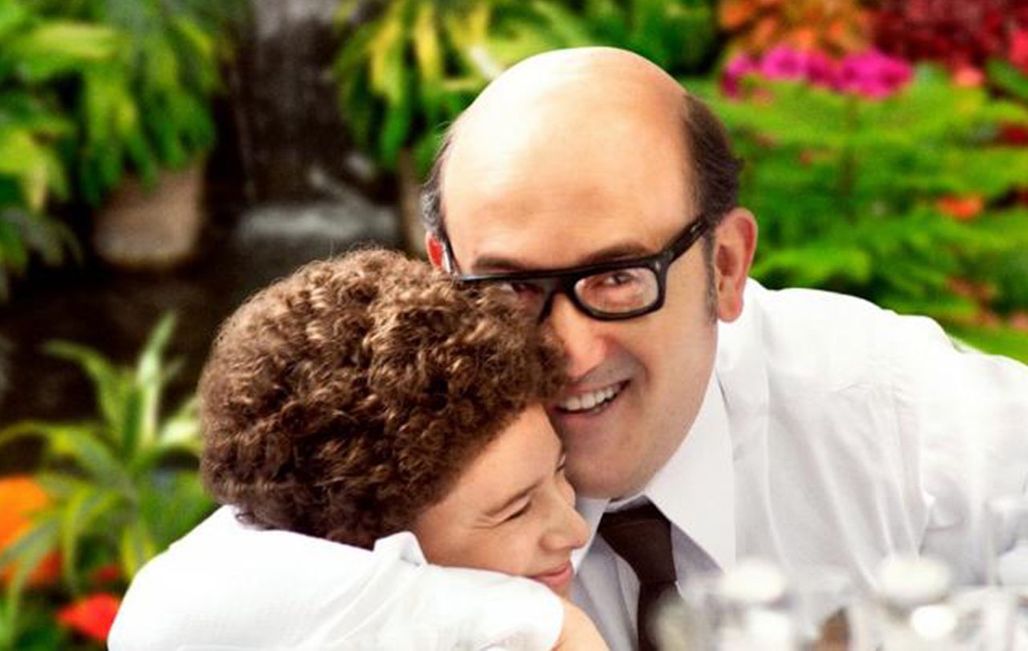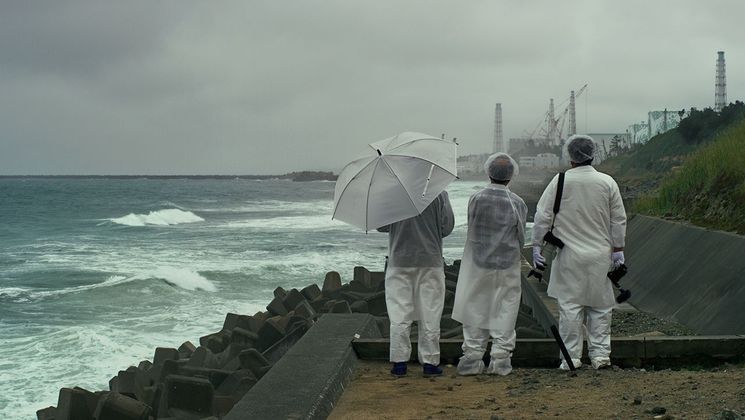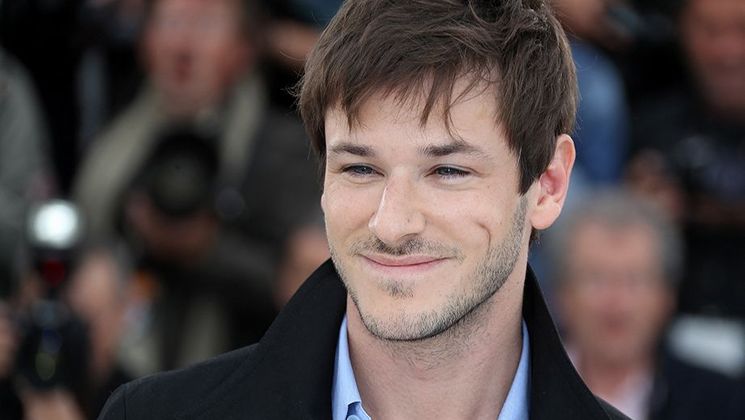
El Olvido Que Seremos (Forgotten We’ll Be): Fernando Trueba faithfully honours the social engagement of Héctor Abad Gómez

“El Olvido Que Seremos” is one of the most important works of 21st-century Hispanic literature. Written by Héctor Abad Faciolince, it has been translated into 12 languages and sold more than 300,000 copies in over 20 countries. Who then, could be better than Fernando Trueba, the winner of 9 Goya Awards and the Oscar for Best Foreign Language Film with Belle Époque in 1994, to bring this universal story to the big screen and represent Colombia at the Oscars 2021? Distributed by Nour Films, El Olvido Que Seremos (Forgotten We’ll Be) will be released in France on June 9.
In 1980s Colombia, Doctor Héctor Abad Gómez fights to lift the people of Medellin out of poverty. Despite the threats to his safety, he refuses to remain silent. The fate of this dedicated doctor and devoted family man is shown through the gentle and admiring eyes of his son. Based on real-life events, El Olvido que seremos (Forgotten We’ll Be) is simultaneously a portrait of an exceptional man, a family chronicle and the history of a country that has often been marred by violence.
When Fernando Trueba was asked to produce a film adaptation of El Olvido que seremos (Forgotten We’ll Be), he was initially concerned by the huge responsibility given to him. The director was already extremely familiar with the book that has left its mark on numerous readers—him as much as any—and understood better than anyone the scale of the task ahead. At first, he feared hearing the reaction: “I prefer the book” and was worried about the logistical challenges of telling a story that takes place over 20 years, but eventually was won over by the need to make the story universally known.
“El Olvido que seremos (Forgotten We’ll Be) needed to be adapted for cinema. The values the book defends have a profound effect on us. Nobody is left feeling indifferent because it affects us all. This story has to be told again and again. Whether the aim is just to make the world a better place or, more simply, to make thousands more people want to read it.” Fernando Trueba
This challenge has successfully been taken up by the director thanks to his choice to focus the plot on two key periods: Héctor Abad Faciolince’s childhood and the death of his father. The bold choice to depict the past in colour and the present in black and white gives the story an aesthetic originality, which perfectly translates the idea of the lost paradise of childhood and the hell of a country descending into violence. The latter in particular is a central theme of Fernando Trueba’s film that honours the activism and commitment of a man determined to fight for the common good, no matter the risks to himself or his family.


